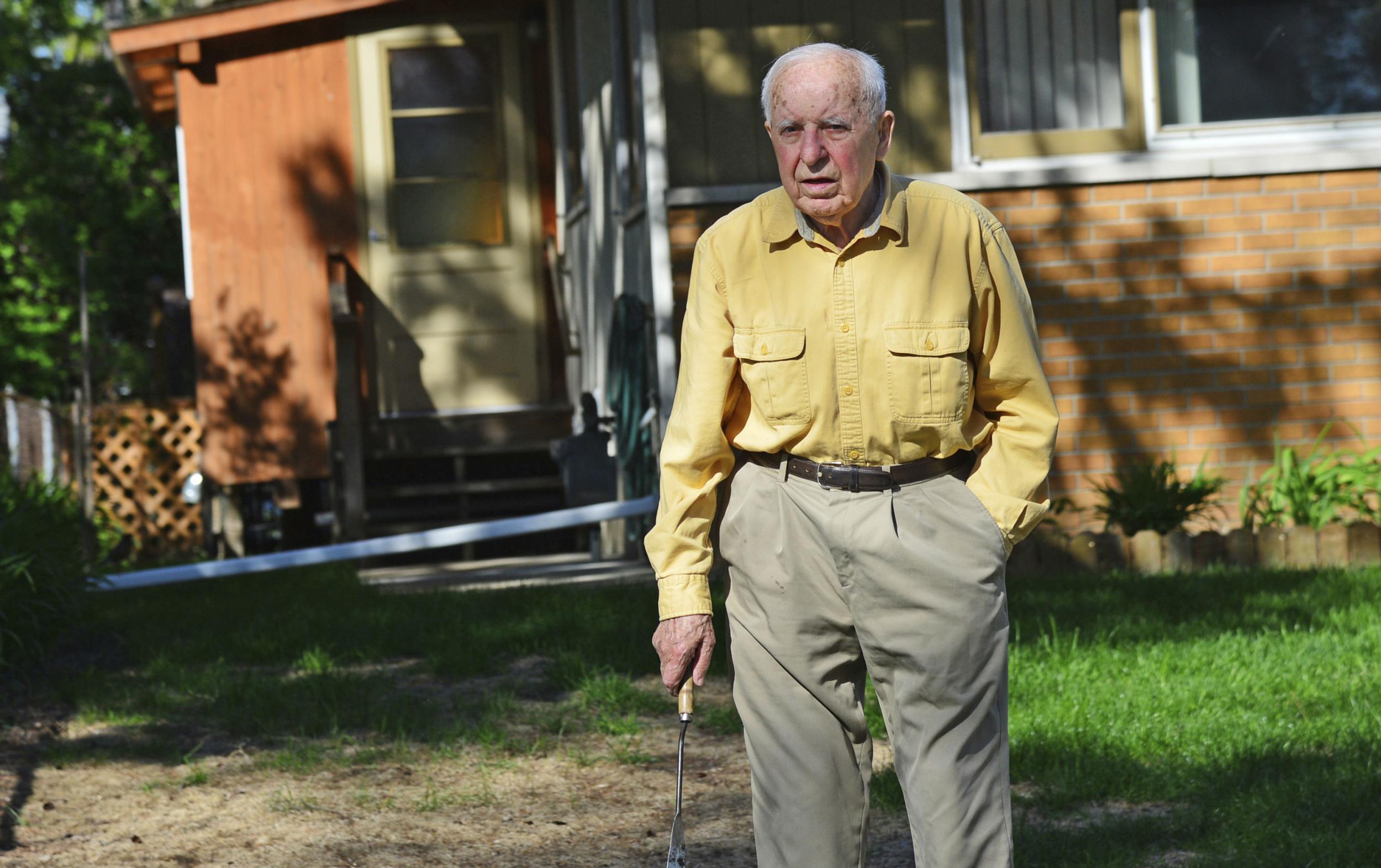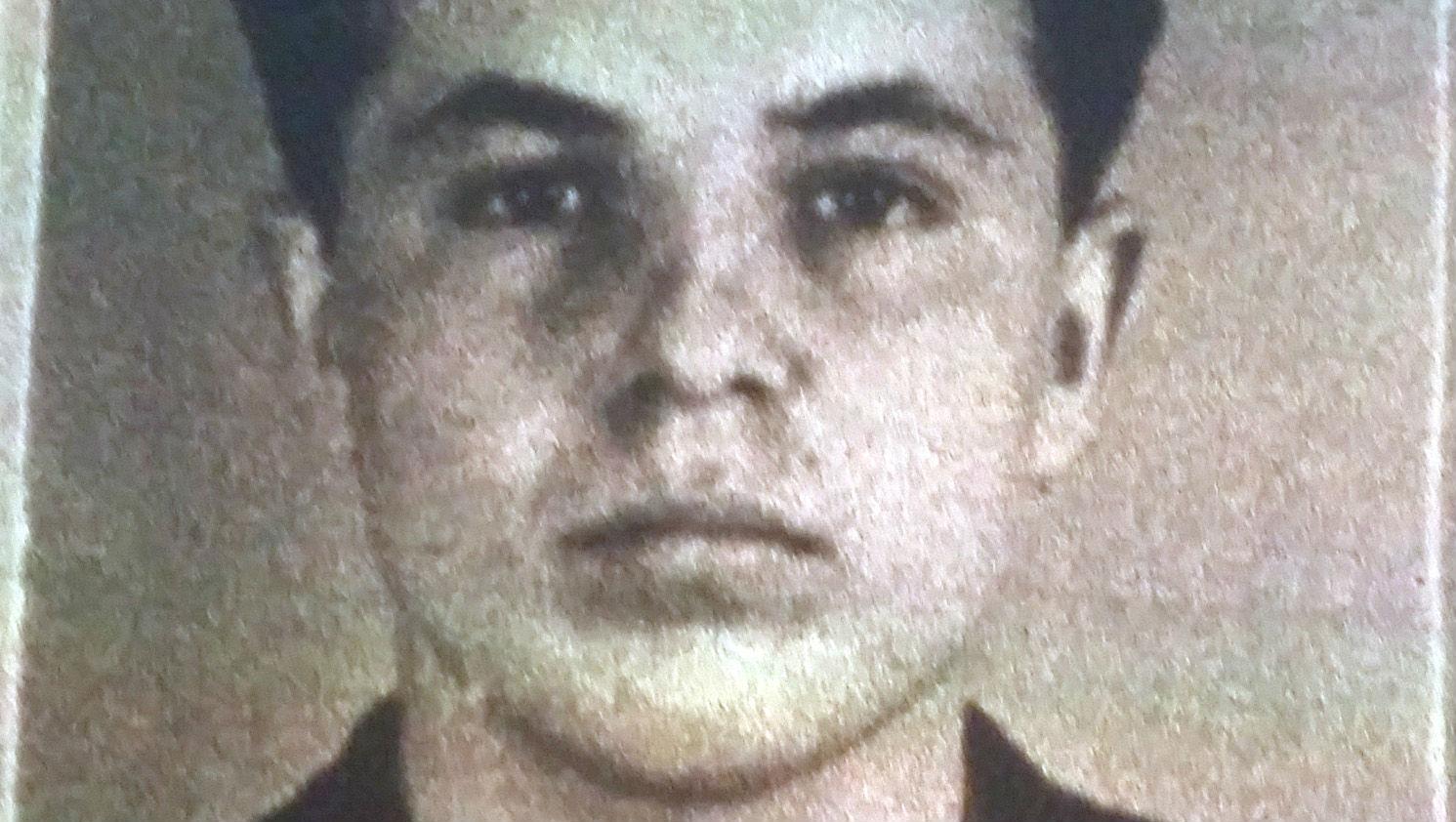Poland seeks to extradite US man over Nazi massacre during Second World War
The crimes are said to have taken place more than 70 years ago

Your support helps us to tell the story
From reproductive rights to climate change to Big Tech, The Independent is on the ground when the story is developing. Whether it's investigating the financials of Elon Musk's pro-Trump PAC or producing our latest documentary, 'The A Word', which shines a light on the American women fighting for reproductive rights, we know how important it is to parse out the facts from the messaging.
At such a critical moment in US history, we need reporters on the ground. Your donation allows us to keep sending journalists to speak to both sides of the story.
The Independent is trusted by Americans across the entire political spectrum. And unlike many other quality news outlets, we choose not to lock Americans out of our reporting and analysis with paywalls. We believe quality journalism should be available to everyone, paid for by those who can afford it.
Your support makes all the difference.Prosecutors in Poland are formally seeking the extradition of a 98-year man living in Minnesota who has been accused of being the former head of an SS-led Nazi unit that slaughtered civilians and set fire to Polish villages.
Reports said prosecutors from the National Remembrance Institute (IPN) in Warsaw, established in 1998 to prosecute war crimes, had forwarded their request for the extradition of Michael Karkoc to the Polish Embassy in Washington.
The IPN announced earlier this year it had issued an arrest warrant for Mr Karkoc, who has been accused of commanding a unit of Ukrainian nationalists responsible for mass killings in villages along Poland’s eastern border during World War II.

Mr Karkoc, who is said to be suffering from Alzheimer’s disease, has repeatedly denied through his family that was responsible for such actions.
The IPN had previously said it was investigating Mr Karkoc, after an inquiry by the Associated Press claimed he had led a unit of largely ethnic Ukrainians fighters which committed a series of war crimes.
The news agency said records did not show Mr Karkoc “had a direct hand” in war crimes, but said statements from the men in his unit and other documentation, suggested he was at the scene of several atrocities as a company leader.
The AP said its story was based on witness testimony, Mr Karkoc’s memoirs and records taken from Nazi SS files and archives in Poland, Germany and the United States.
Ben Keith, a lawyer at the London firm 5 St Andrews Hill, said Mr Karkoc’s extradition would be governed by the EU-US extradition treaty.
“The terms of the agreement mean that Poland is not required to produce the evidence of the crime, merely that it provides a summary of the evidence,” he told The Independent in a statement. “Based on mutual trust and recognition, the US can be expected to extradite Mr Krakoc unless there prove to be obstacles.”
Mr Keith said there were various potential obstacles to such a move. He said one possible issue, the lapse of time, was unlikely to be relevant because of the nature of the crime involved. However, Mr Krakoc’s reported ill-health could prove crucial.
“The question will therefore be whether he is fit to travel to Poland, and more importantly whether he is fit to stand trial,” he said. “Does he have sufficient mental capacity to understand the case against him? That will be for the US courts to decide.”
Mr Karkoc’s own version of events is told in his memoirs, and are contained within the documents collected at the Andersen Library at the University of Minnesota.
The AP said the original 170-page memoir, published in 1995 and written in his native language, tells of the civil-war-like turmoil within Ukraine before and during the war and of how Mr Karkoc fled his homeland in 1939 to escape from the Communists, only to wind up in Nazi-occupied Poland, where he was conscripted into the German army.
The National Remembrance Institute said its request was forwarded to Poland’s Embassy in Washington last month for handing over to US justice authorities. Neither the embassy or the IPN immediately responded to inquiries.
Mr Karkoc coud not be contacted. Earlier this year, his son, Andriy Karkoc, said the accusations were a baseless attack on his father.
“The Associated Press and the KGB may provide something they say is proof,” he said. “But what they cannot provide is something that is true. My father was, is, and remains an innocent man.”
Join our commenting forum
Join thought-provoking conversations, follow other Independent readers and see their replies
Comments